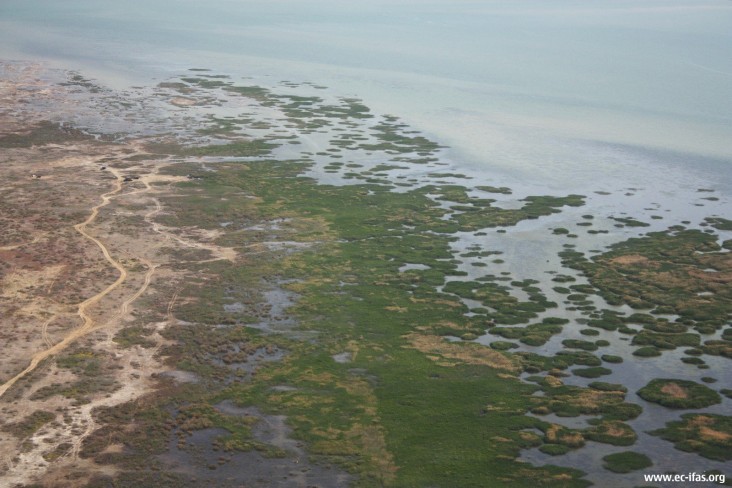
Kazakhstan’s economy produces significant greenhouse gas emissions, with 87 percent of its emissions coming from the energy sector, due to its heavy dependence on fossil fuels extraction and coal-based electricity generation. While emissions fell precipitously after the Soviet Union broke apart, they have risen steadily since the late 1990s. Kazakhstan already has passed a number of laws to curb the growth of greenhouse gases, including an emissions trading system. USAID is working with the Government of Kazakhstan to strengthen the implementation of these policies to improve energy efficiency and increase the supply of renewable energy.
At the same time, Kazakhstan is experiencing rising average temperatures, impacting agricultural productivity, the availability of water, the incidence of mudslides, and the intensity of urban air pollution. Between 1936 and 2005, temperatures in Kazakhstan rose by more than 2⁰ C/3.6⁰ F, more than double the global average. Wheat grown in Kazakhstan is especially vulnerable, which could have significant repercussions for regional food security. Kazakhstan is the 17th largest wheat producer in the world, and the seventh-largest exporter. Spring wheat production in Kazakhstan is expected to decrease by up to 70 percent due to climate change after 2030. USAID is working with the Government of Kazakhstan and the private sector to strengthen the climate resiliency of the wheat sector, while also working with importing countries to identify strategies to reduce their risk exposure.








Comment
Make a general inquiry or suggest an improvement.